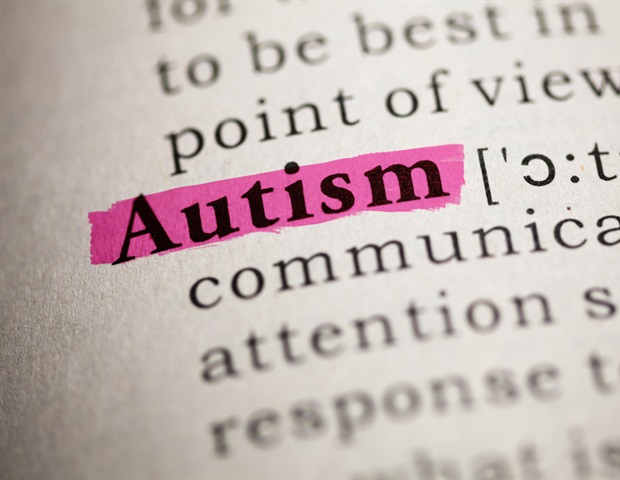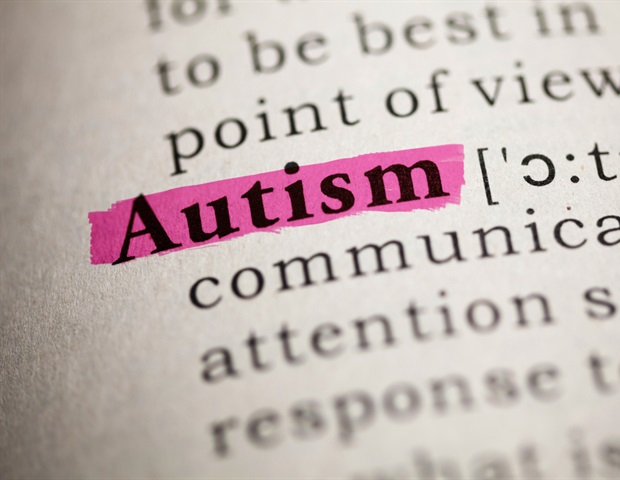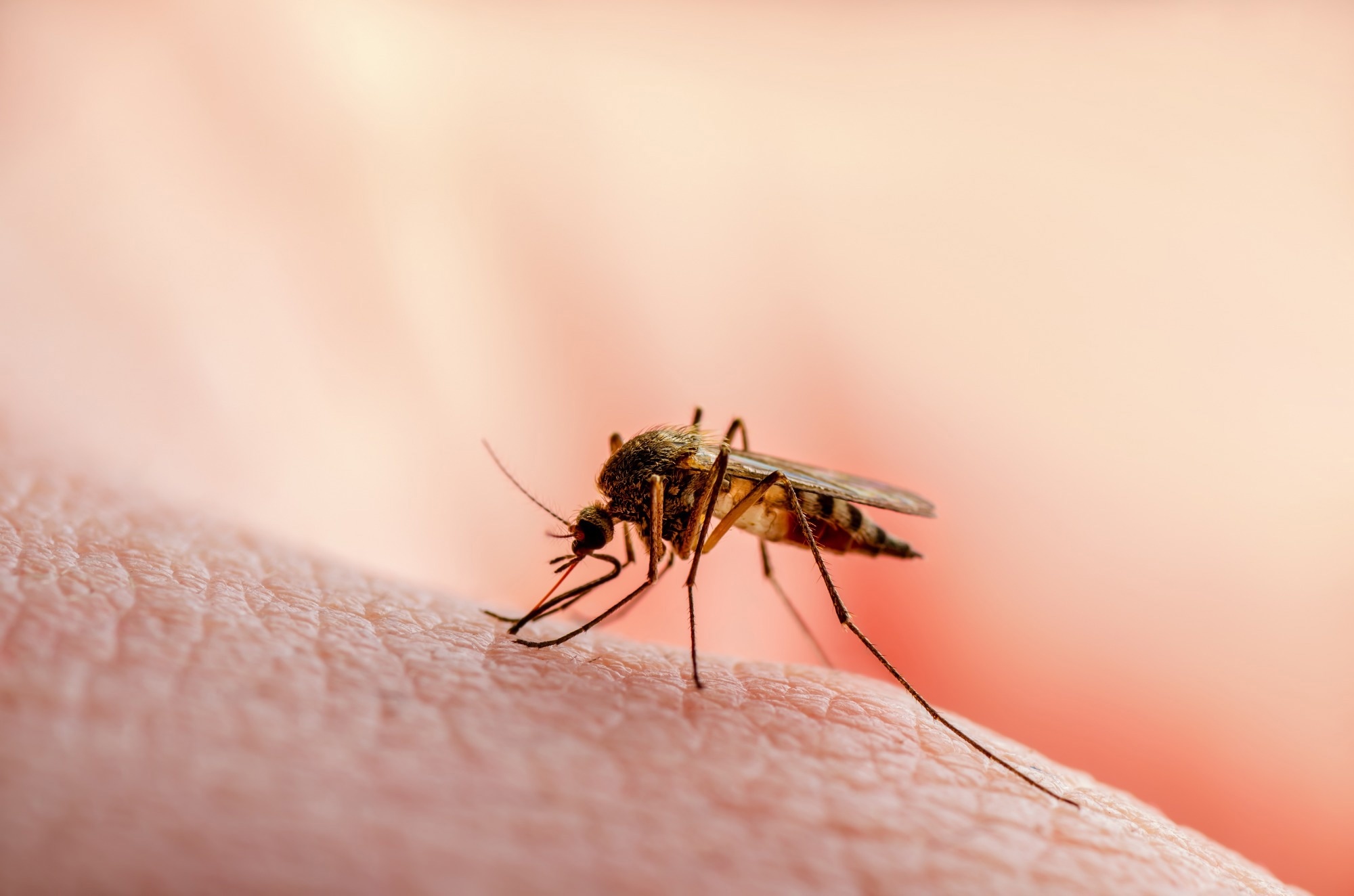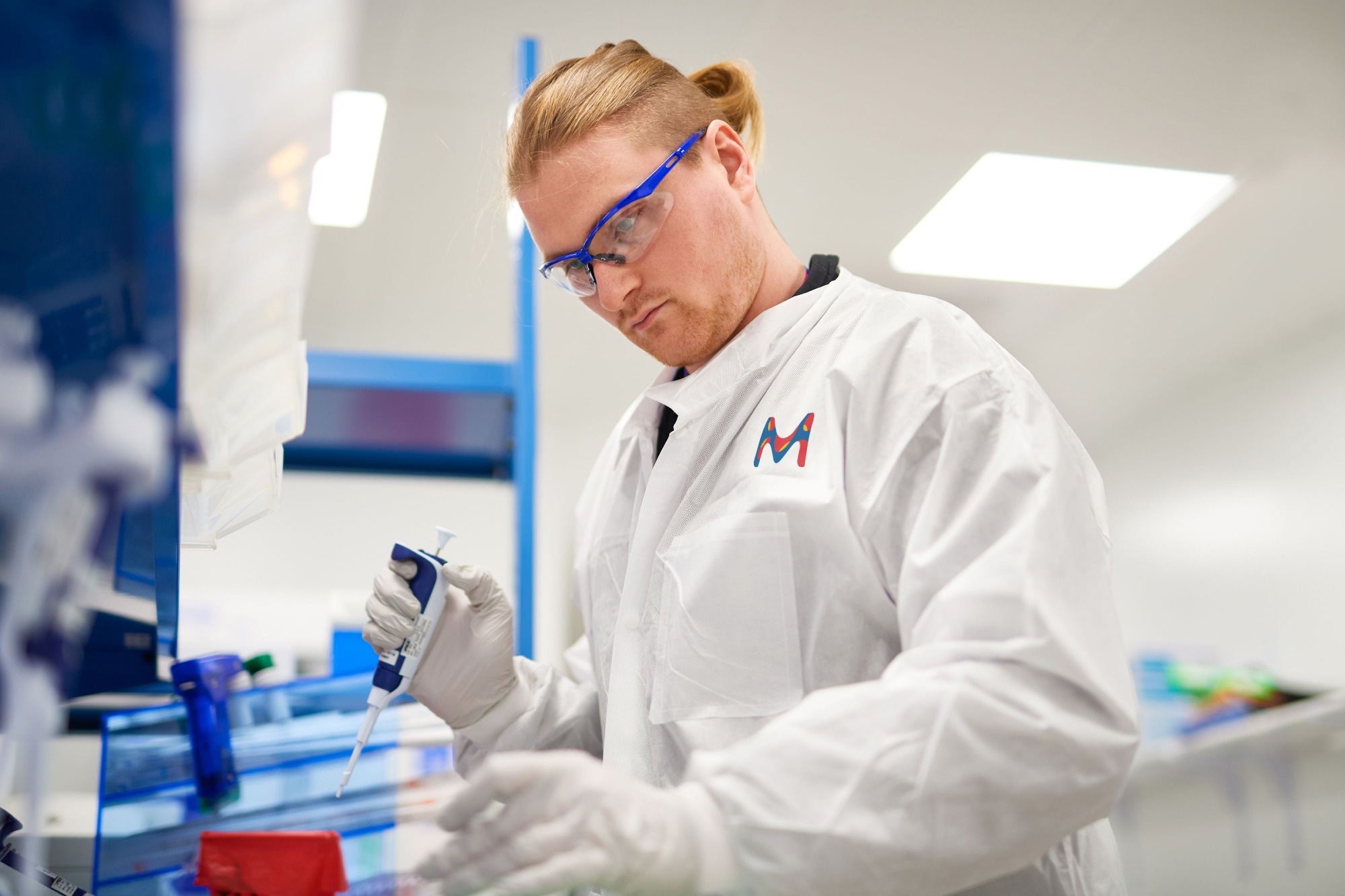
Researchers from The Hospital for Sick Children (SickKids) have uncovered new genes and genetic changes associated with autism spectrum disorder (ASD) in the largest autism whole genome sequencing analysis to date, providing better understanding into the ‘genomic architecture’ that underlies this disorder.
The study, published today in Cell, used whole genome sequencing (WGS) to examine the entire genomes of over 7,000 individuals with autism as well as an additional 13,000 siblings and family members. The team found 134 genes linked with ASD and discovered a range of genetic changes, most notably gene copy number variations (CNVs), likely to be associated with autism, including ASD-associated rare variants in about 14 per cent of participants with autism.
The majority of data was drawn from the Autism Speaks MSSNG database, the world’s largest autism whole genome dataset, which provides autism researchers with free, open access to thousands of sequenced genomes.
By sequencing the entire genome of all participants, and with deep involvement from the participating families in MSSNG on forming our research priorities, we maximize the potential for discovery and allow analysis that encompasses all types of variants, from the smallest DNA changes to those that affect entire chromosomes.”
Dr. Stephen Scherer, Senior Scientist, Genetics & Genome Biology and Chief of Research at SickKids and Director of the McLaughlin Centre at the University of Toronto
Dr. Brett Trost, lead author of the paper and a Research Associate in the Genetics & Genome Biology program at SickKids, notes the use of WGS allowed researchers to uncover variant types that would not have otherwise been detectable. These variant types include complex rearrangements of DNA, as well as tandem repeat expansions, a finding supported by recent SickKids research on the link between autism and DNA segments that are repeated many times. The role of the maternally inherited mitochondrial DNA was also examined in the study and found to account for two per cent of autism.
The paper also points to important nuances in autism genetics in families with only one individual with autism compared with families that have multiple individuals with autism, known as multiplex families. Surprising to the team was that the “polygenic score” – an estimation of the likelihood of an individual having autism, calculated by aggregating the effects of thousands of common variants throughout the genome – was not higher among multiplex families.
“This suggests that autism in multiplex families may be more likely to be linked to rare, highly impactful variants inherited from a parent. Because both the genetics and clinical traits associated with autism are so complex and varied, large data sets like the ones we used are critical to providing researchers with a clearer understanding of the genetic architecture of autism,” says Trost.
The research team says the study data can help expand inquiries into the range of variants that might be linked to ASD, as well as efforts to better understand contributors to the 85 per cent of autistic individuals for which the genetic cause remains unresolved. In a linked study of 325 families with ASD from Newfoundland published this same month in Nature Communications, Dr. Scherer’s team found that combinations of spontaneous, rare-inherited, and polygenic genetic factors coming together in the same individual can potentially lead to different sub-types of autism.
Dr. Suzanne Lewis, a geneticist and investigator at the BC Children’s Hospital Research Institute who diagnosed many of the families enrolled in the study said, “Collectively, these latest findings represent a massive step forward in better understanding the complex genetic and biological circuitry linked with ASD. This rich data set also offers an opportunity to dive deeper into examining other factors that may determine an individual’s chance of developing this complex condition to help individualize future treatment approaches.”
Funding for this study was provided by the University of Toronto McLaughlin Centre, Genome Canada/Ontario Genomics, Genome BC, Government of Ontario, Canadian Institutes of Health Research, Canada Foundation for Innovation, Autism Speaks, Autism Speaks Canada, Brain Child, Kids Brain Health Network, Qatar National Research Fund, Ontario Brain Institute, SFARI and SickKids Foundation.
Source:
The Hospital for Sick Children
Journal reference:
Trost, B., et al. (2022) Genomic architecture of autism from comprehensive whole-genome sequence annotation. Cell. doi.org/10.1016/j.cell.2022.10.009.
















